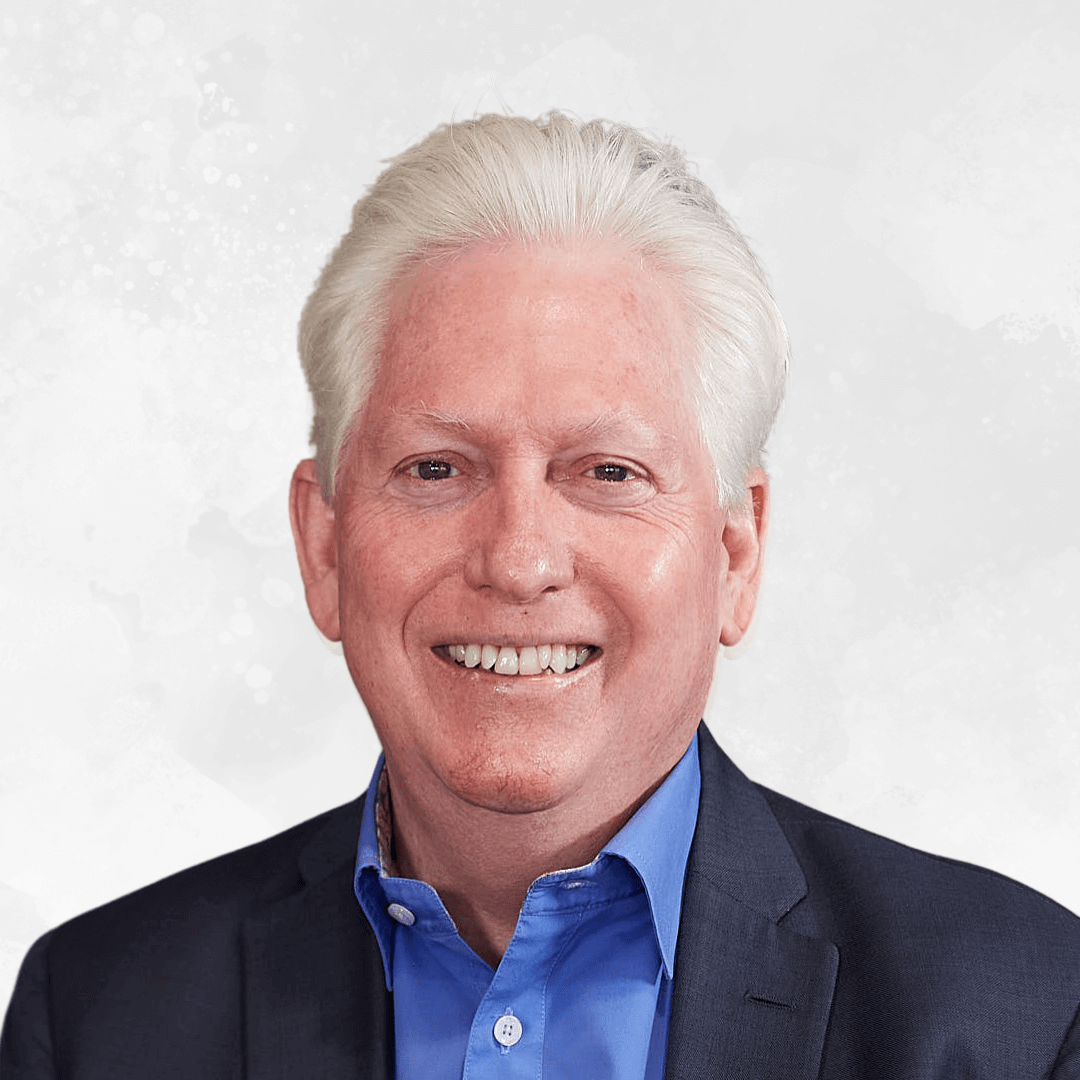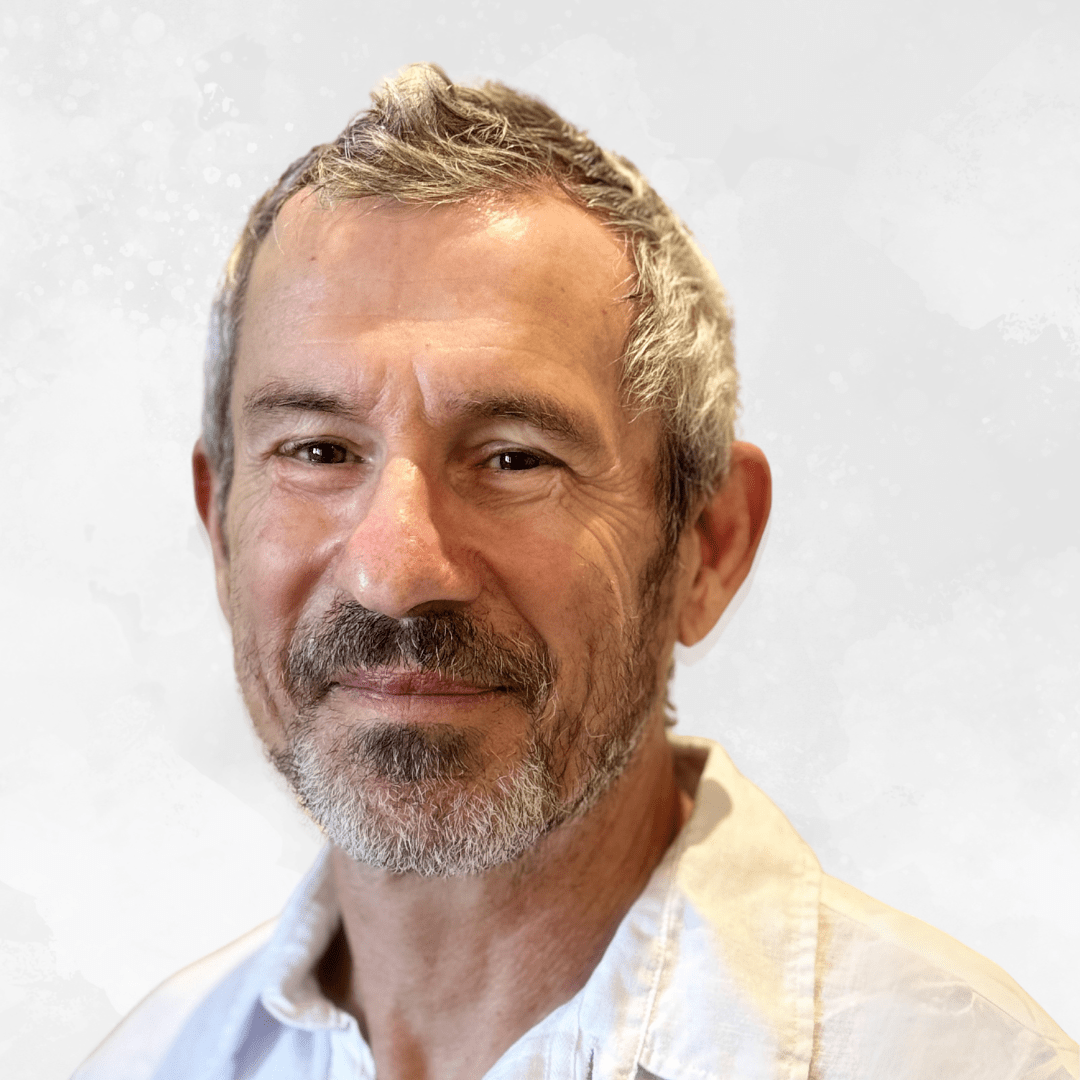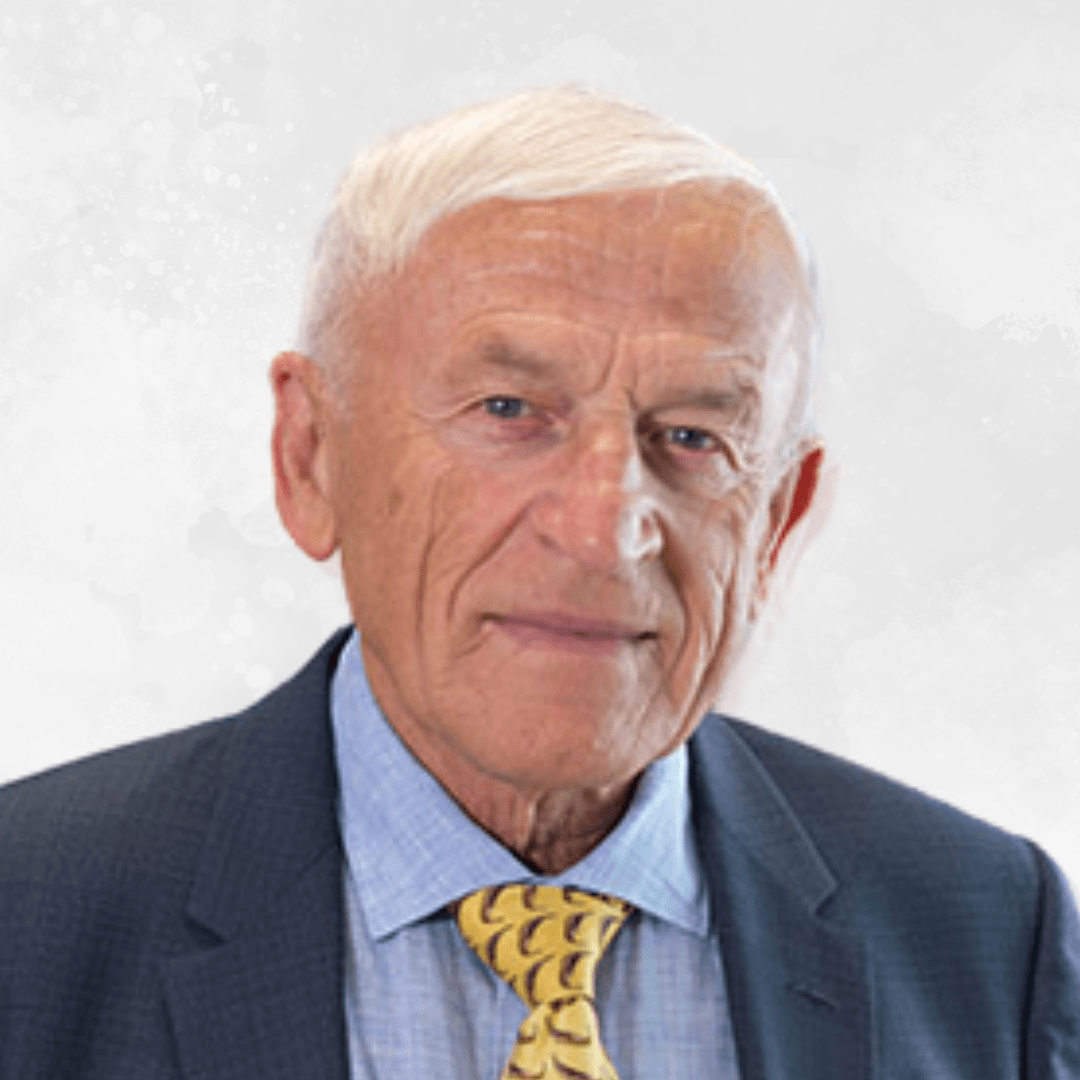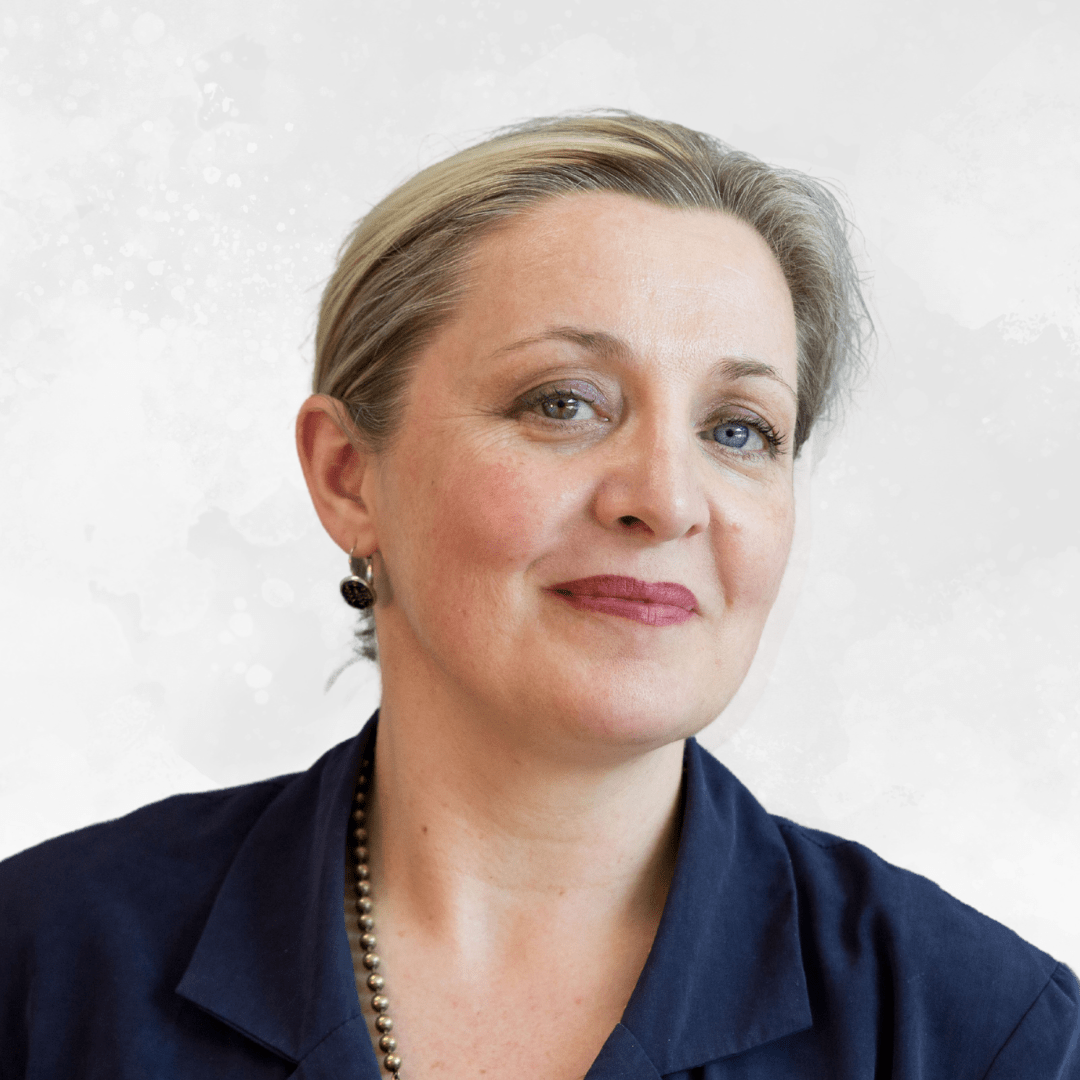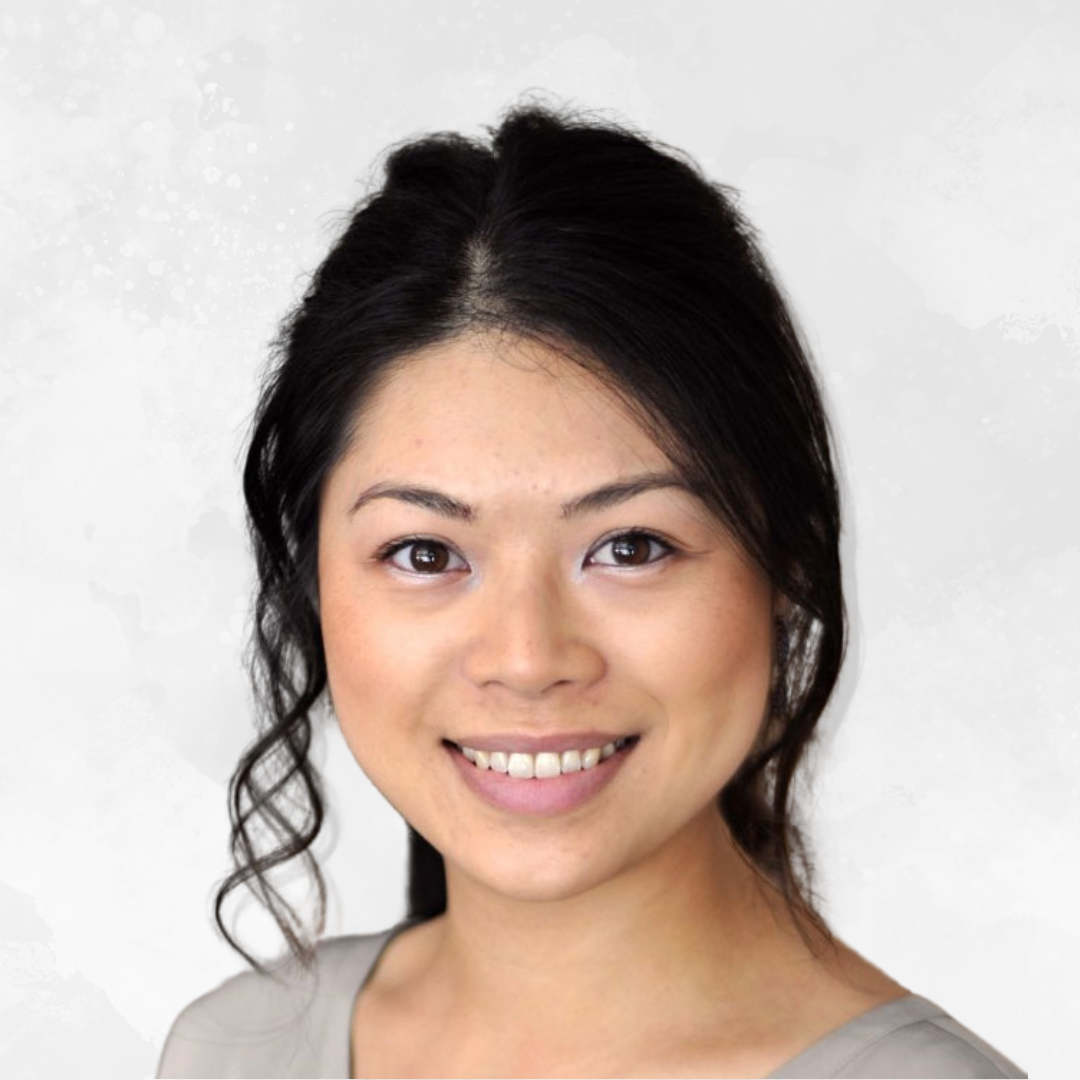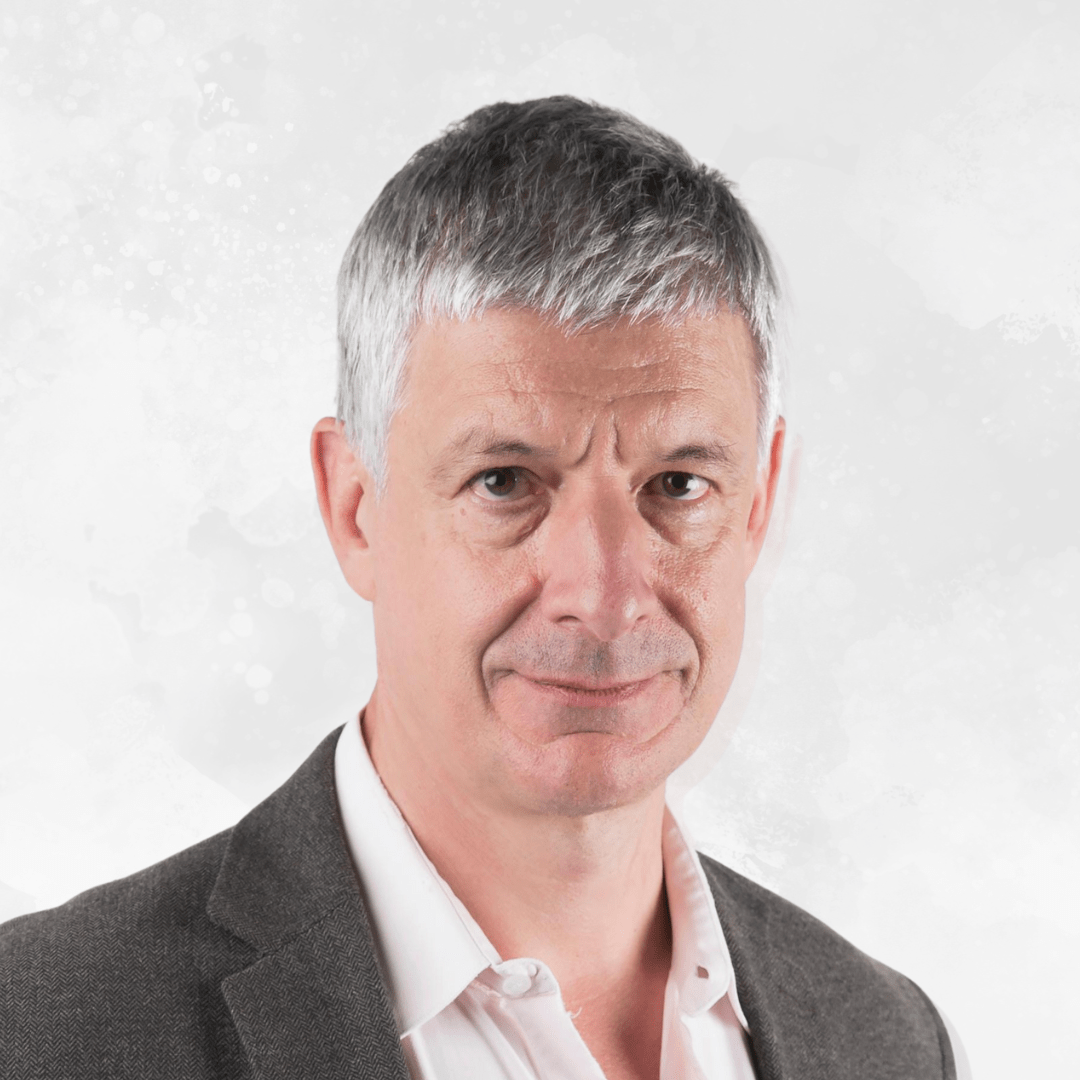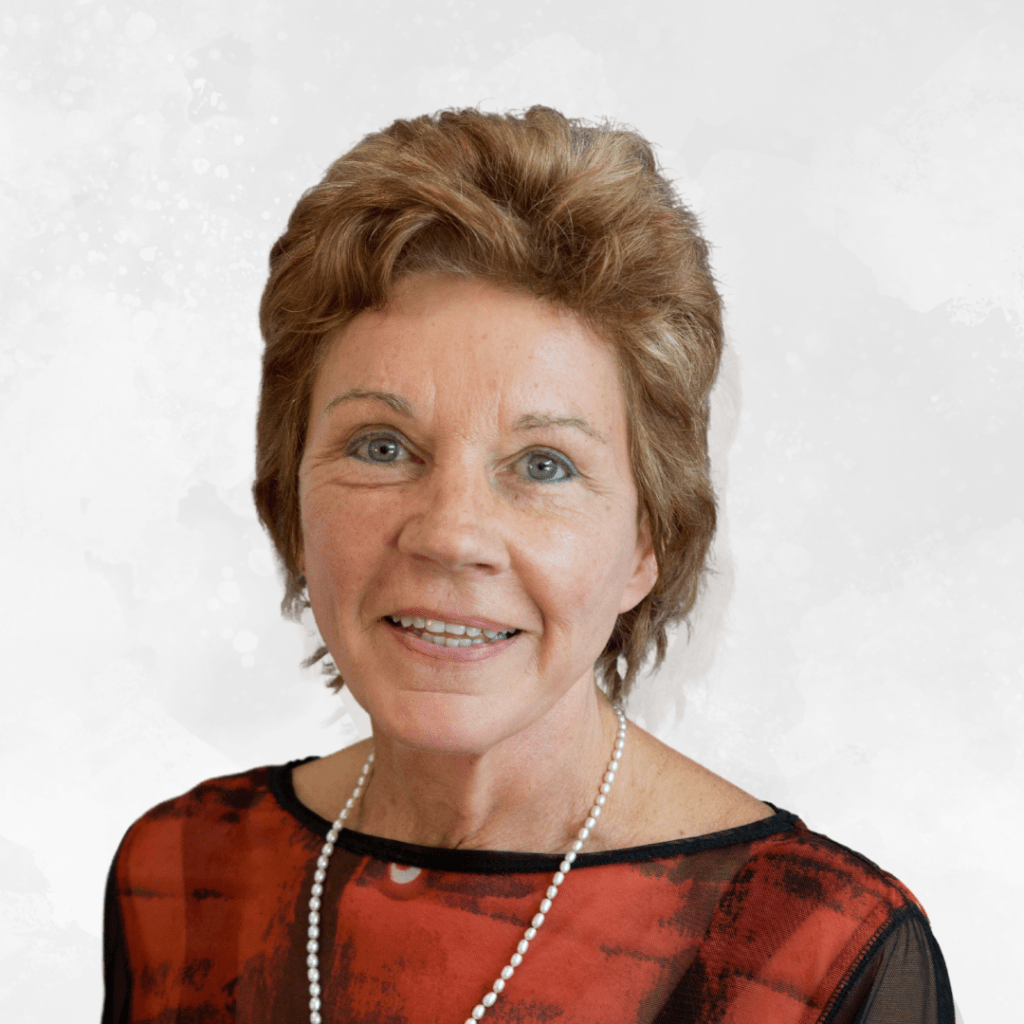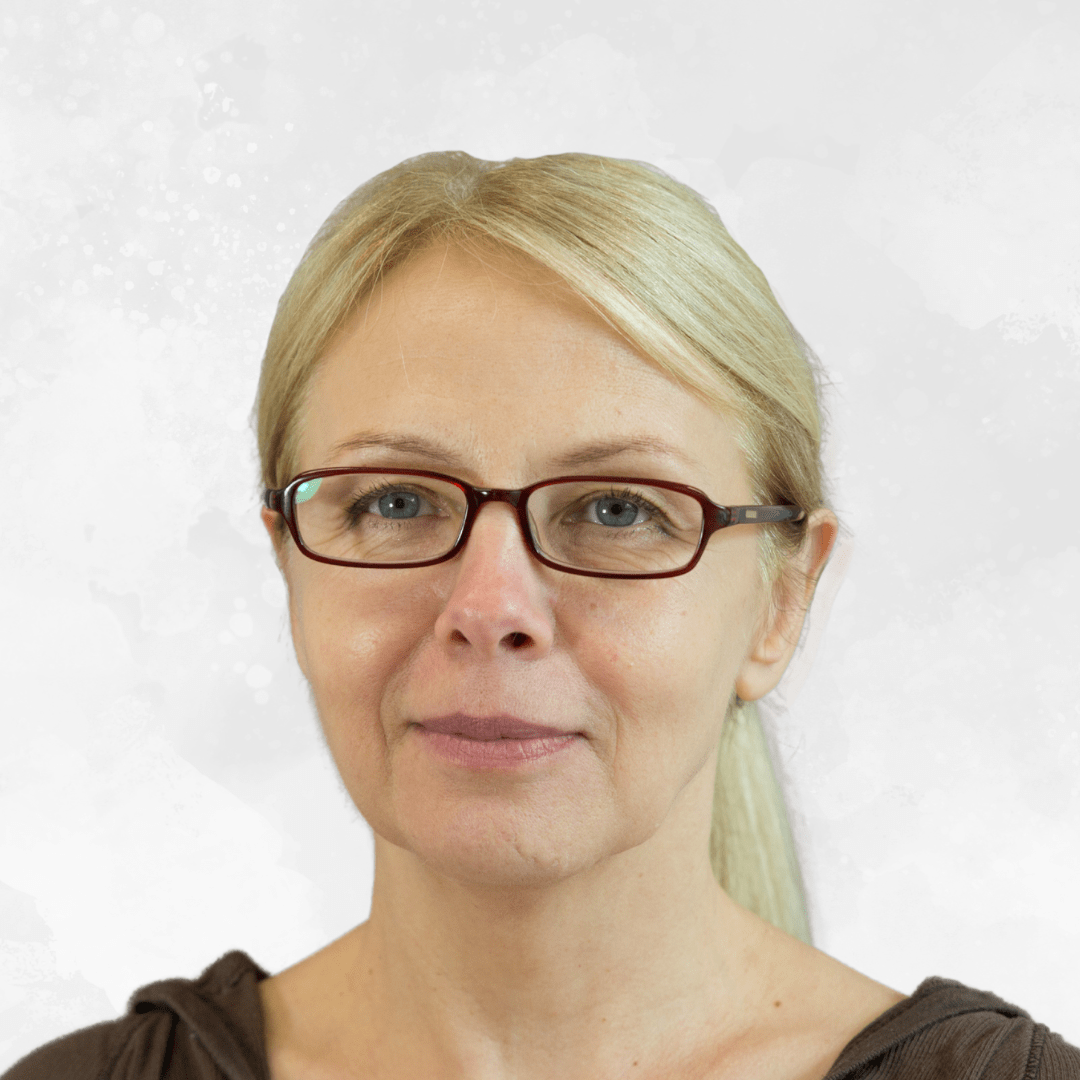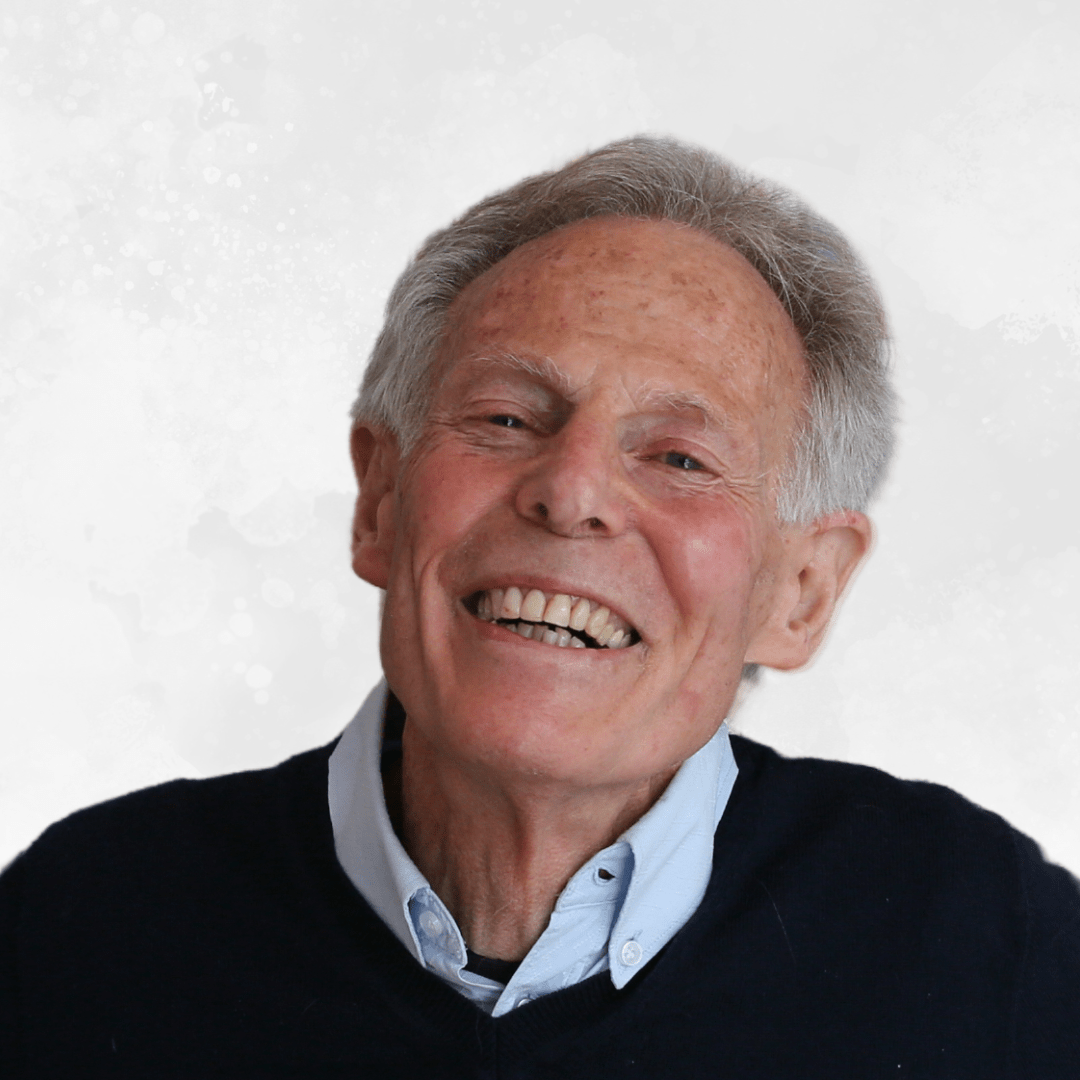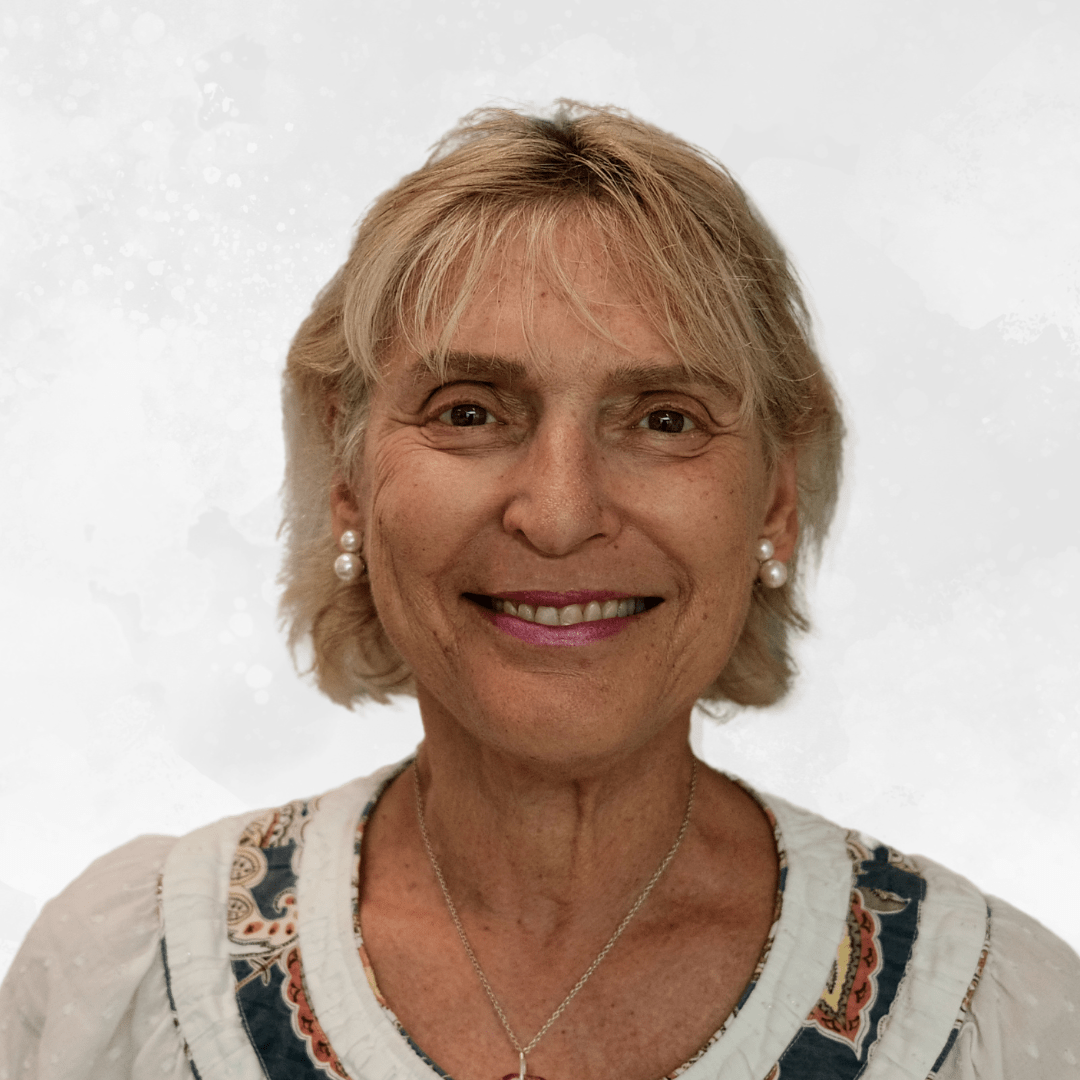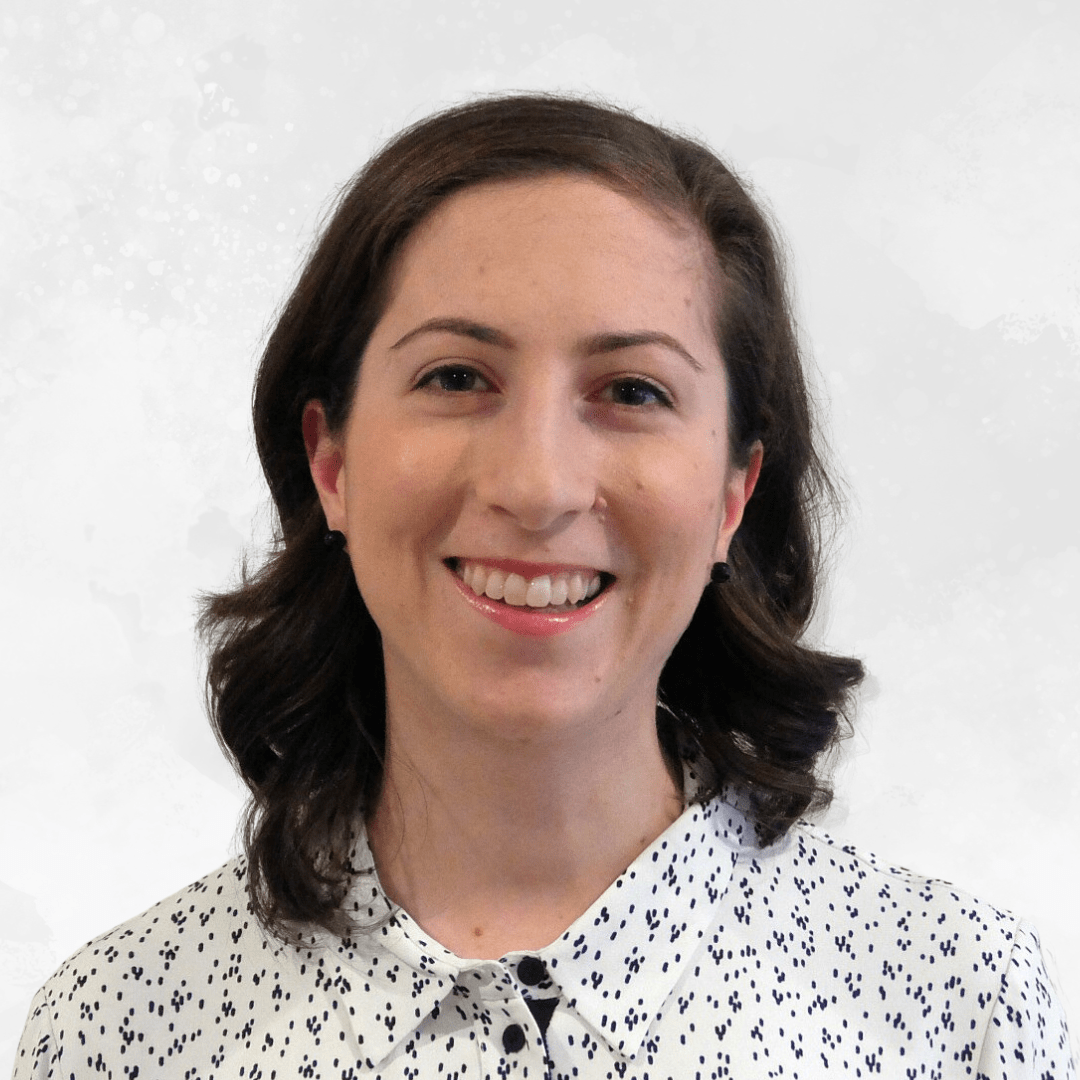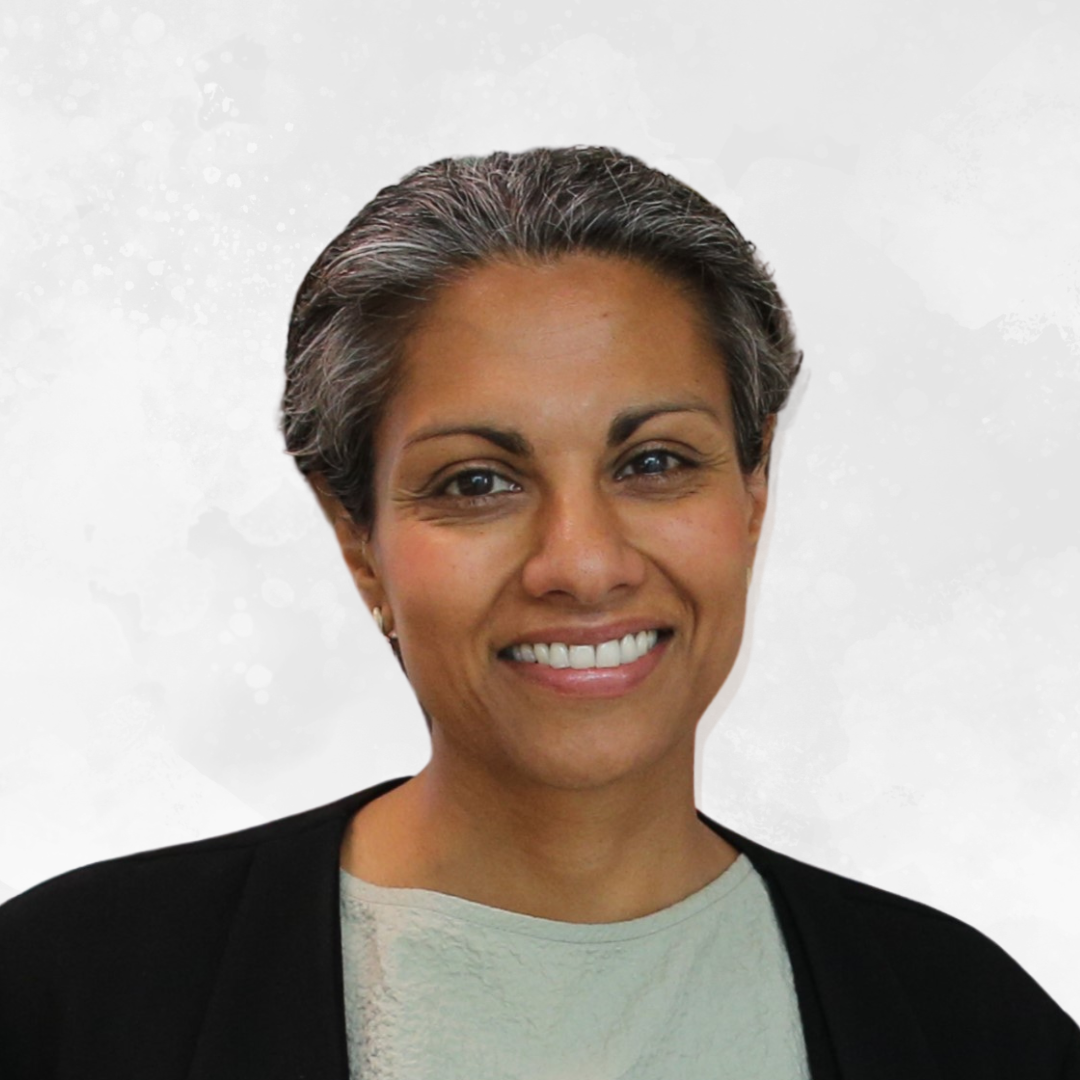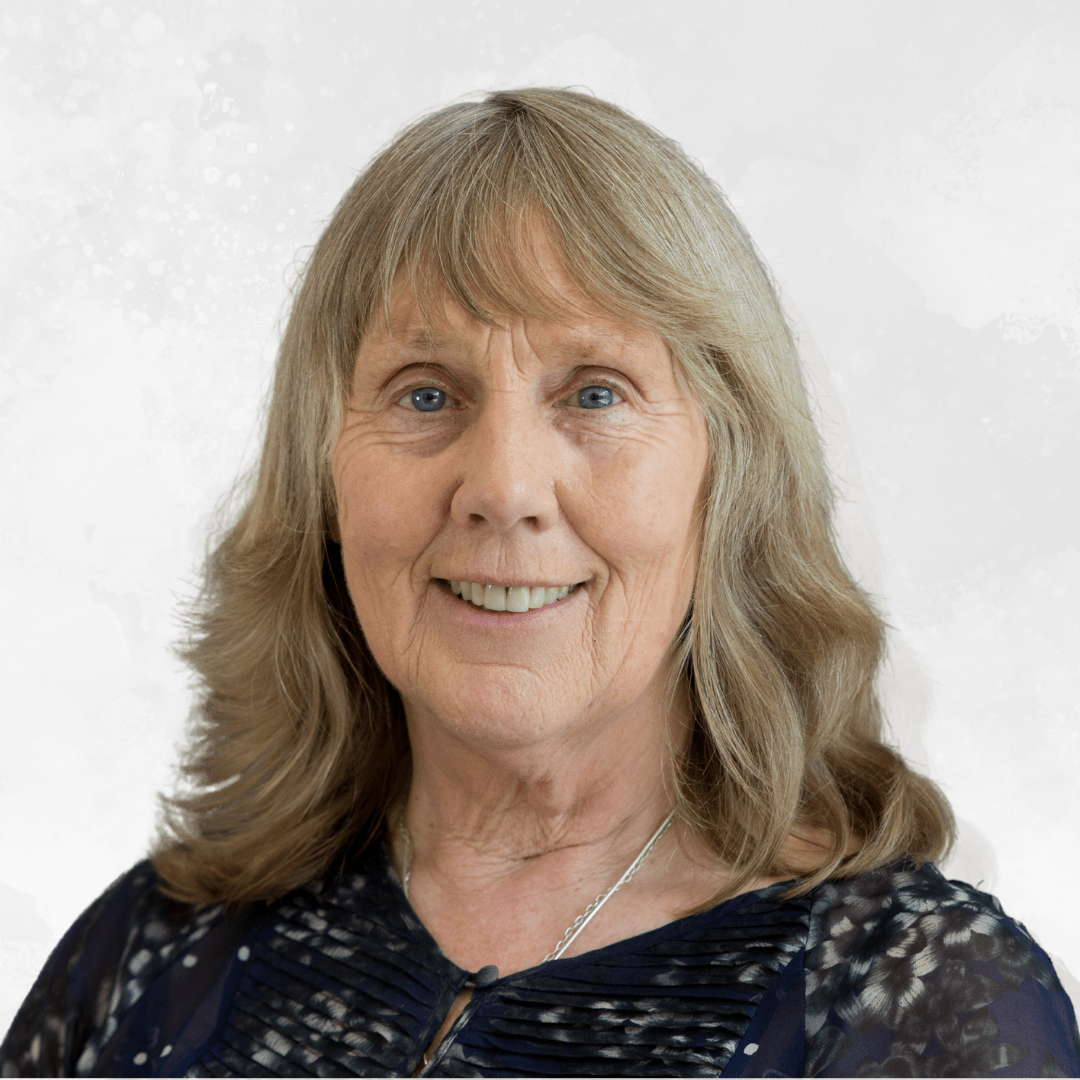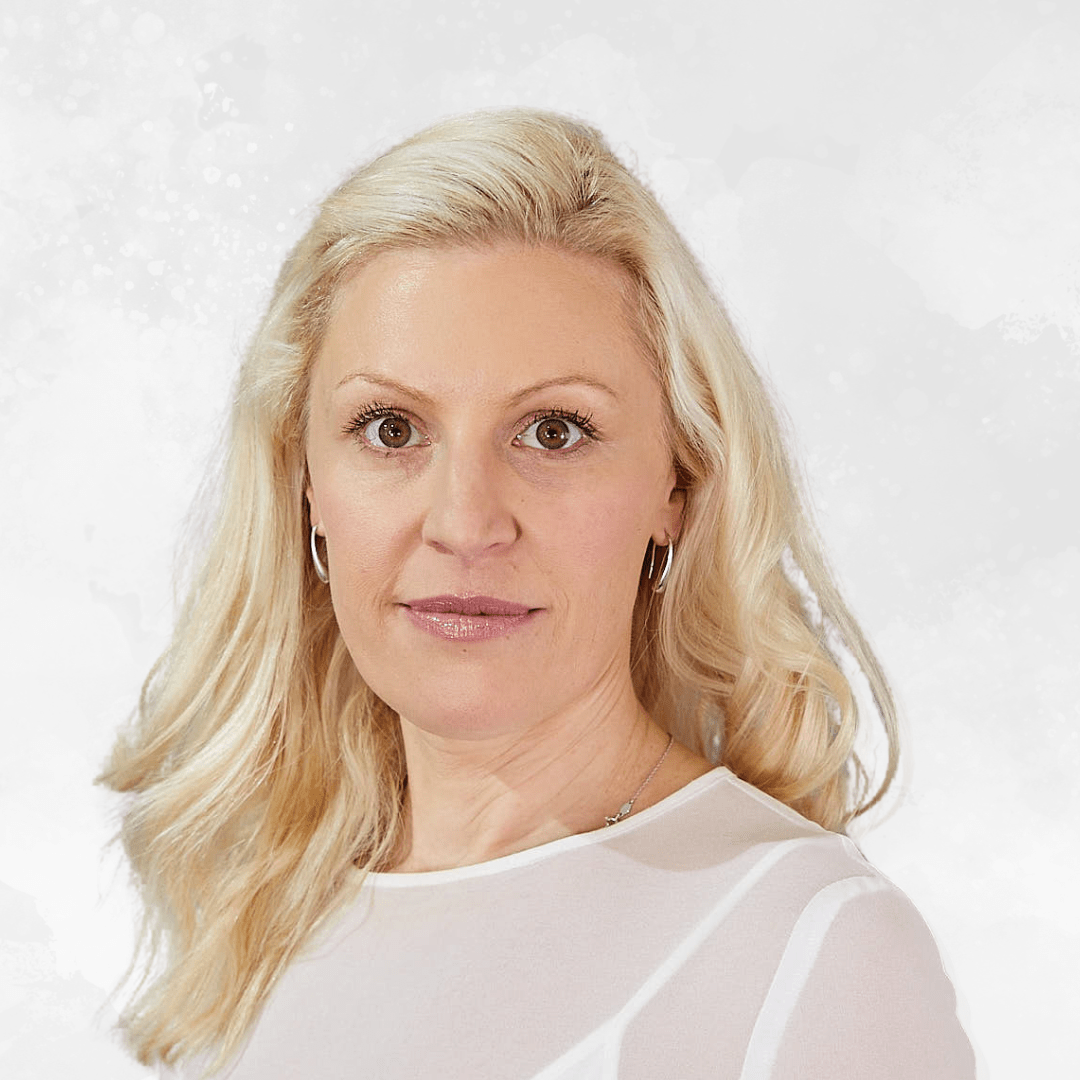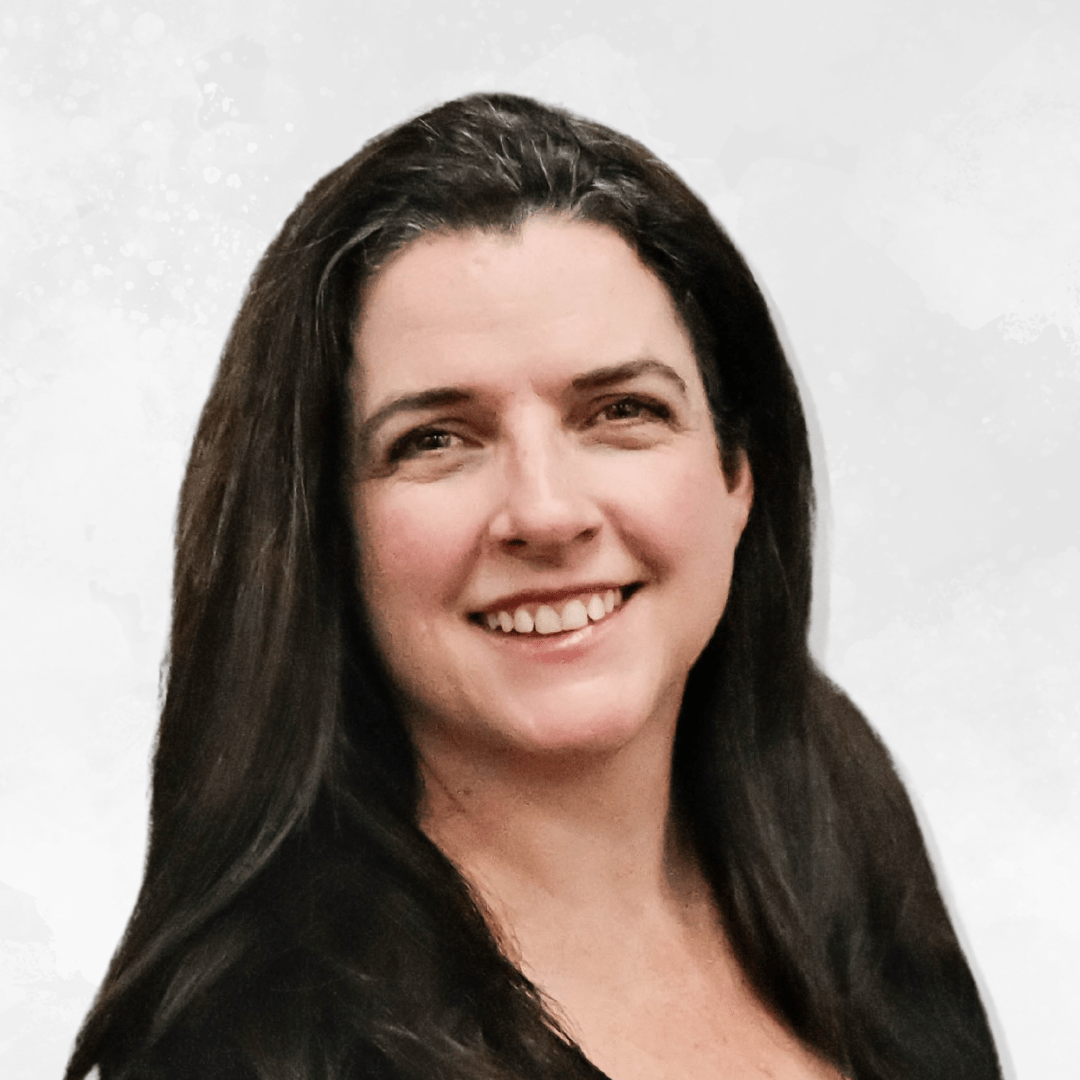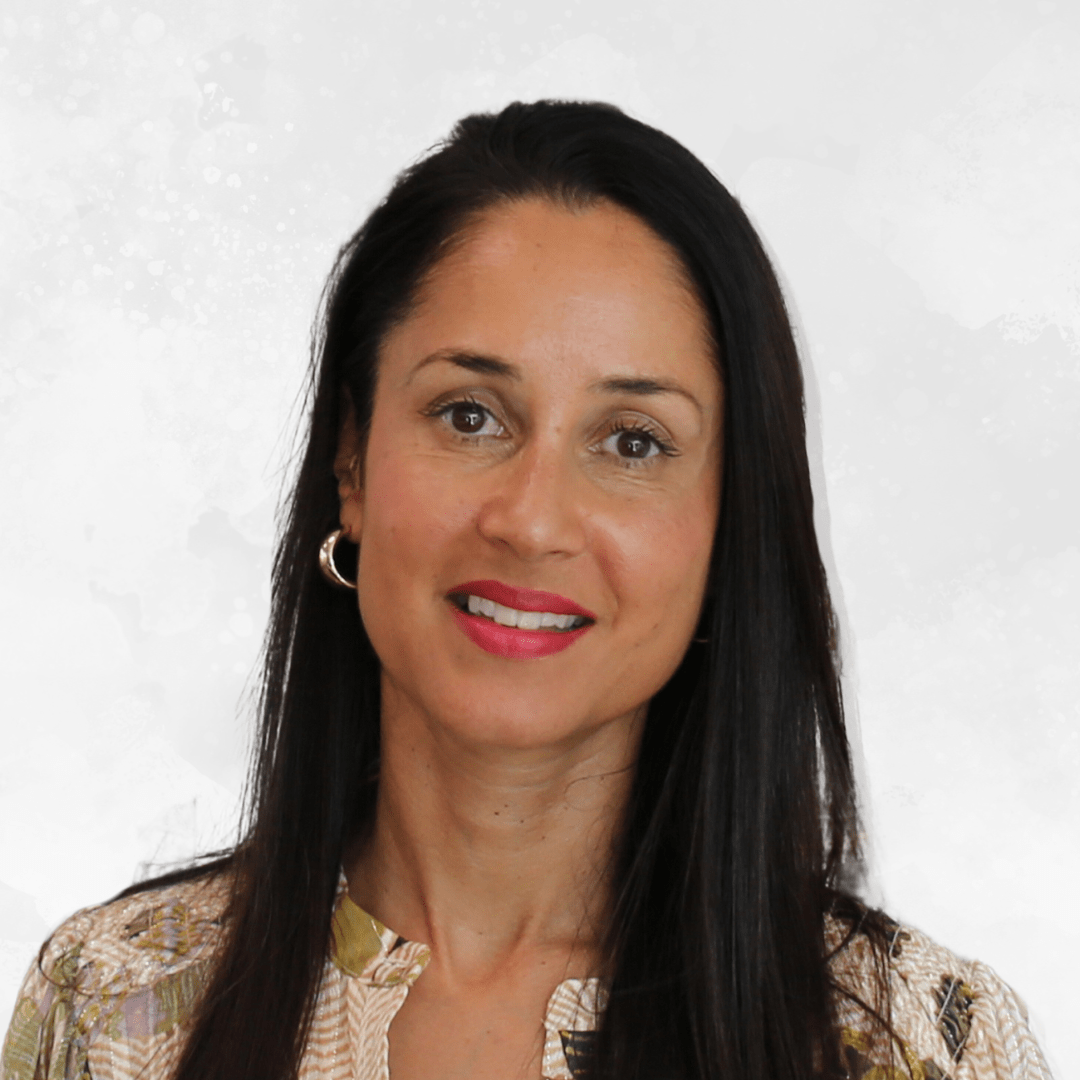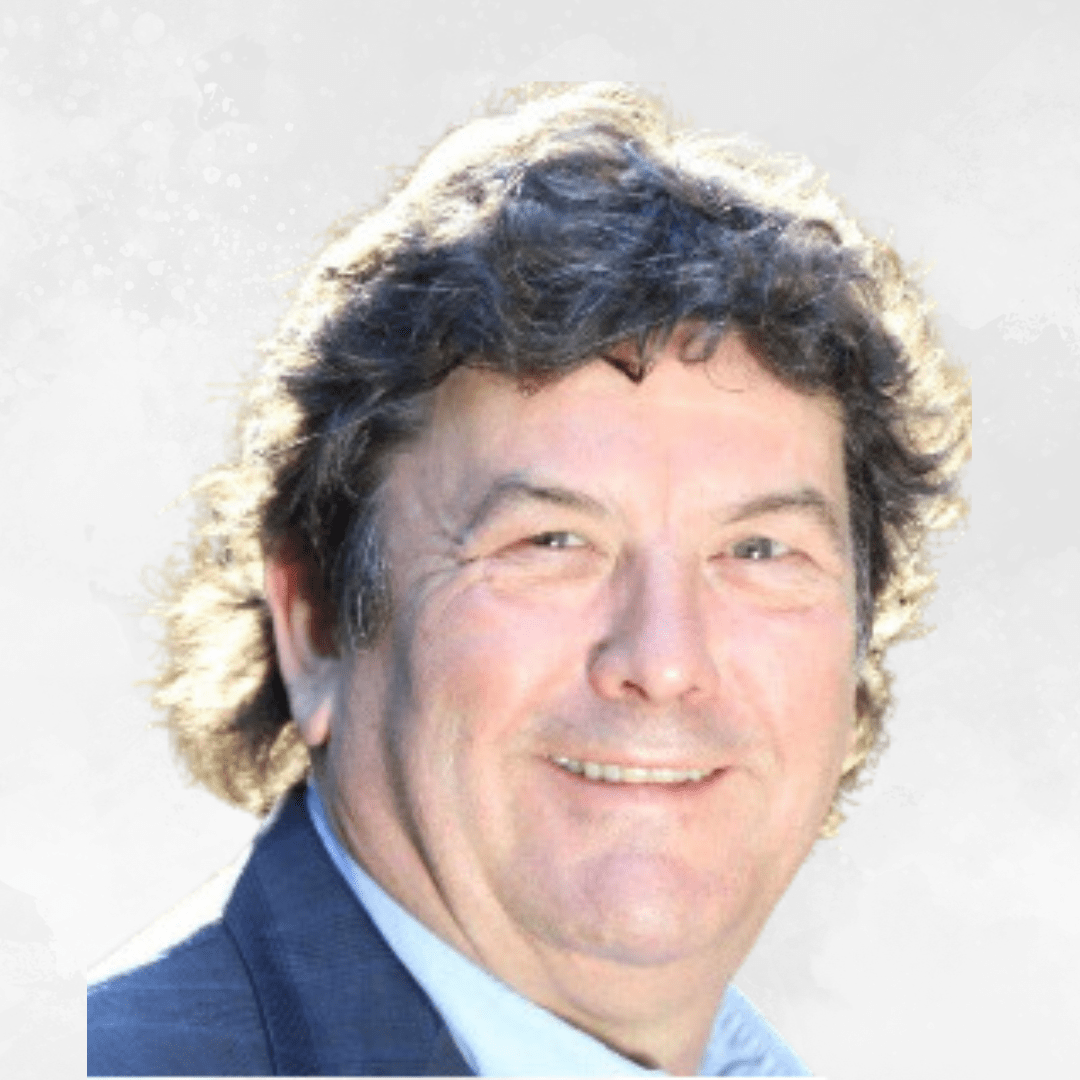The festive season is a wonderful celebration of family ties, friendships, and neighbourhood compassion. Yet beneath the tinsel and pudding lies a dark heart of stress and anxiety. Family feuds may re-appear, long hidden animosities can bubble to the surface, and the pressure of creating a Disneyland-like experience for everyone can tip the balance from delight to despair.
Here are 5 ways to keep the Christmas spirit alive this holiday season:
1. When we take on too much and try to organise everything, we’re in danger of exceeding our Allostatic Load. This is the cumulative effective of physical, mental, and emotional stress and causes psychosomatic symptoms such as irritable bowel, headaches, fatigue, muscles aches, panic attacks, and depression.
It’s important to stay below your Allostatic Threshold by planning effectively, delegating tasks, limiting the range and scope of projects, and respecting your own boundaries. It’s important to say “no” to some activities and people without feeling guilty.
2. Cultivate a practice of gratitude. Gratitude is about recognizing the good things in your life and the role that others play in those positive events. It can have a powerful effect on your health and well-being. Spend a few minutes every day reflecting on the things in your life that you’re grateful for. Write them down in a gratitude journal. Paying attention to the small things in your life that bring joy and peace can have a calming and restorative influence on your state of mind.
3. Keep your hydration up. It’s easy to forget to drink enough water when you’re running around trying to get things done. Christmas is the hottest time of the year in the great southern land, so drink at least 2 litres of water per day. Not soft drink, or alcohol – water. Dehydration due to overheating or low fluid intake can cause headaches, fatigue, anxiety, and dizziness.
4. Reconnecting with family can trigger all the old associations of childhood, both good and bad. It’s easy to drop into the unconscious ways you tried to get your needs met growing up. But if you felt misunderstood or ignored then, you’re still going to feel it now. Make a conscious effort to stay with the ‘healthy adult’ part of yourself and avoid the traps of your childhood schemas which are desperate for attention. Two of the most significant patterns to notice and avoid are:
Self-Sacrifice – excessive focus on voluntarily meeting the needs of others at the expense of your own gratification. The most common reasons are: to prevent causing pain to others; to avoid guilt from feeling selfish; or to maintain the connection with others perceived as needy. This often results from an acute sensitivity to the pain of others, and sometimes leads to a sense that your own needs are not being adequately met and to resentment of those who are taken care of.
Unrelenting Standards – The underlying belief that you must strive to meet very high internalized standards of behaviour and performance, usually to avoid criticism. Typically results in feelings of pressure or difficulty slowing down and in hypercriticalness toward yourself and others. Usually presents as perfectionism – inordinate attention to detail, or an underestimate of how good your own performance is relative to the norm; rigid rules – “shoulds” in many areas of life, including unrealistically high moral, ethical, cultural, or religious precepts; time and efficiency – the need to accomplish more.
5. Be kind to yourself and others. After all, kindness is central to the spirit of Christmas. Kindness has a ripple effect – it extends beyond yourself. It’s something you do for another person, and it involves a very direct and deliberate action which provokes an immediate response. You’re being kind because you’re allowing somebody ahead of you in the shopping queue. Or you’re being kind because you’re helping an elderly person to cross the street.
But above all this holiday season, practice kindness to yourself. Don’t beat yourself up. The greatest gift you can give is the gift of your presence. Remind yourself to be here and nowhere else. Relax, release from tension, and place your attention on the joy which is all around you!
Merry Christmas
Written by Peter Webb – Integrative Psychologist
Peter Webb is an Integrative Psychologist consulting at NIIM. He draws on a range of successful therapeutic approaches including cognitive behaviour therapy, schema therapy, mindfulness, and neuropsychotherapy. Find out more about how Peter can help you and/or make an appointment to see him HERE.
The content of this post is general in nature, the information should not be relied on as medical advice, and persons should seek advice relevant to their circumstances.
NIIM Clinic Practitioners
There's More to Read
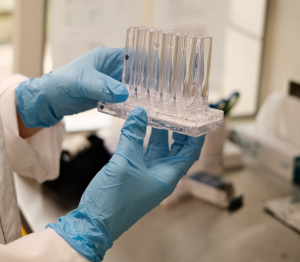
Early Cancer Cells Detection with Circulating Tumour Cells (CTC) Test
The National Institute of Integrative Medicine (NIIM) offers Circulating Tumour Cells (CTC) screening as part of an ongoing clinical trial.

Sleep
One of my key health principles is Sleep.

Psoriasis – A Common Autoimmune Skin Condition
2-4% of the population have psoriasis which is a chronic activation of the immune system. This condition is characterized by...
Friends of NIIM
Sign up to receive the latest NIIM newsletter, containing the latest news,
events, and research directly to your inbox







